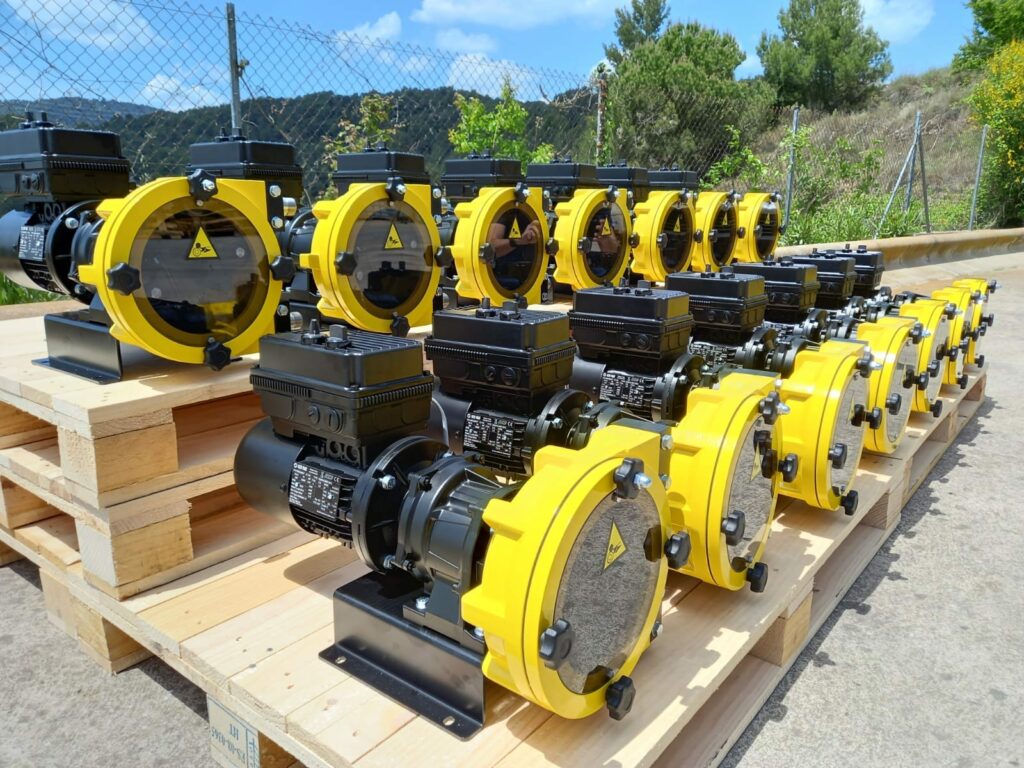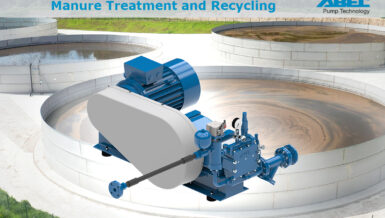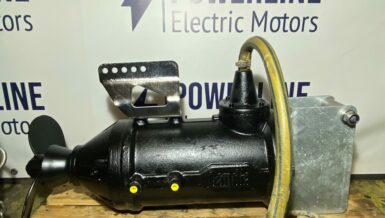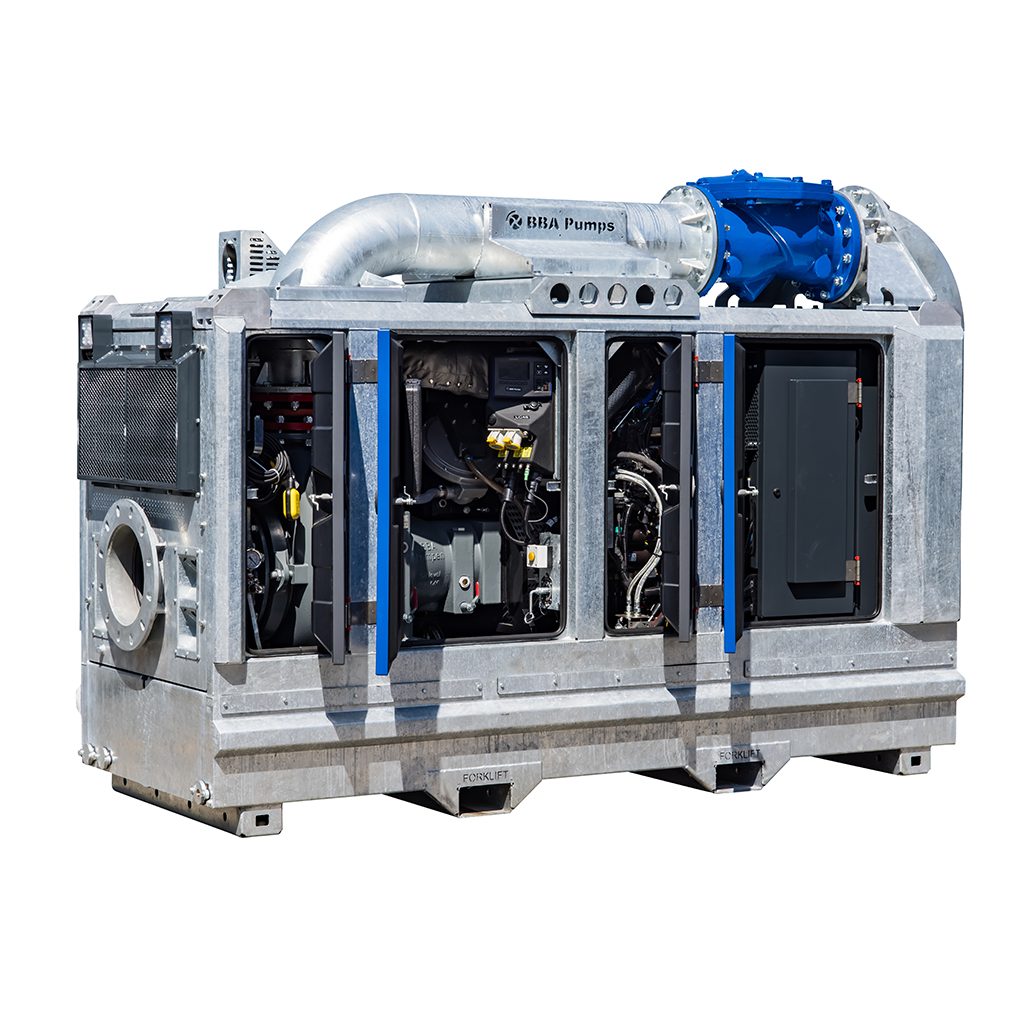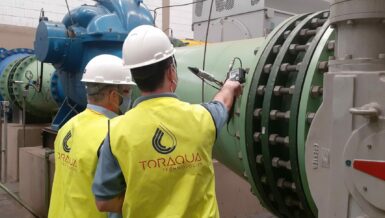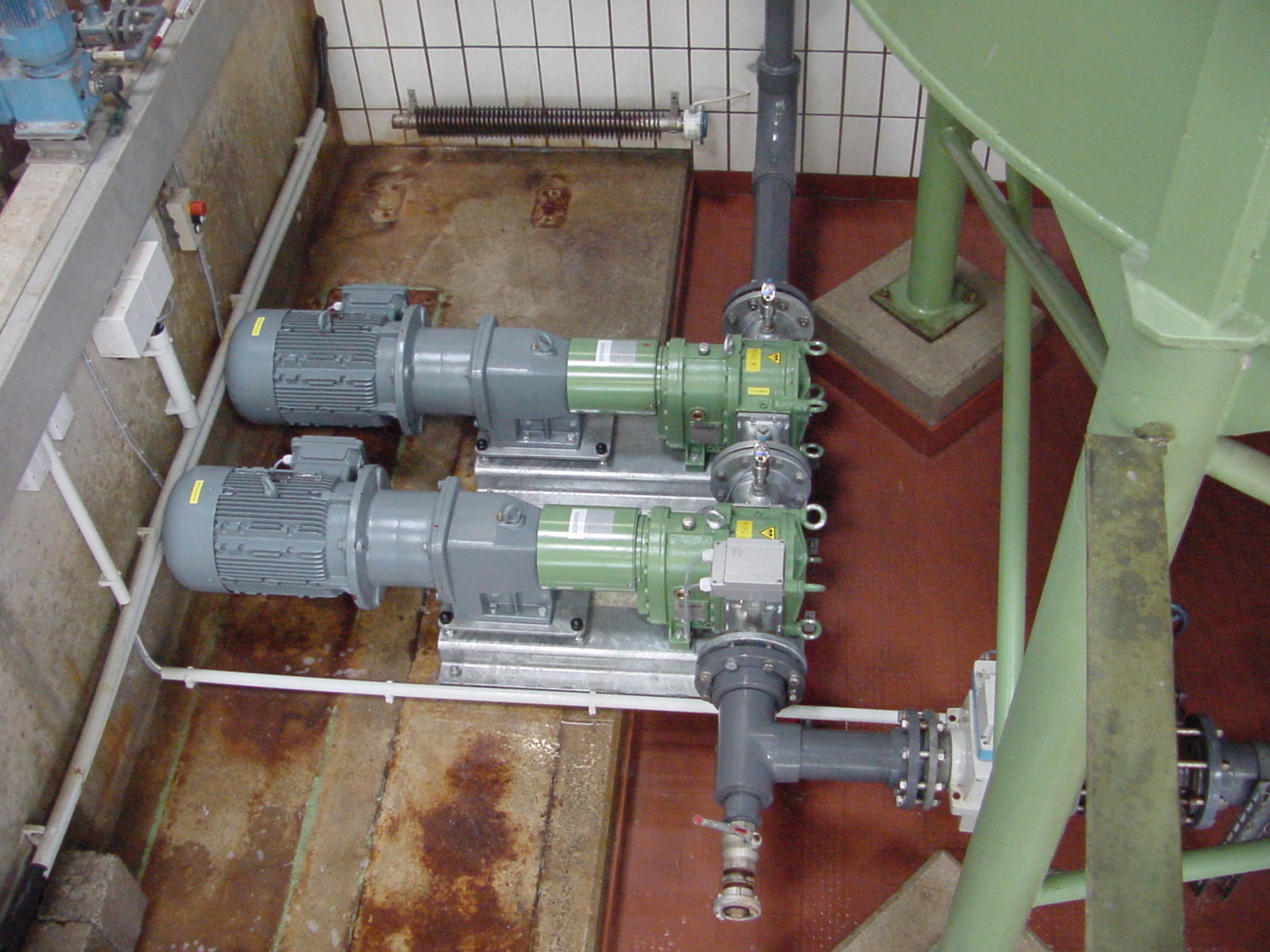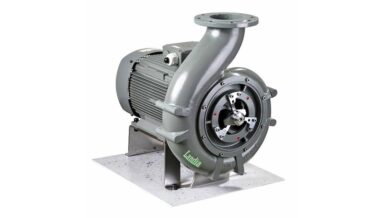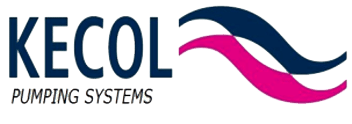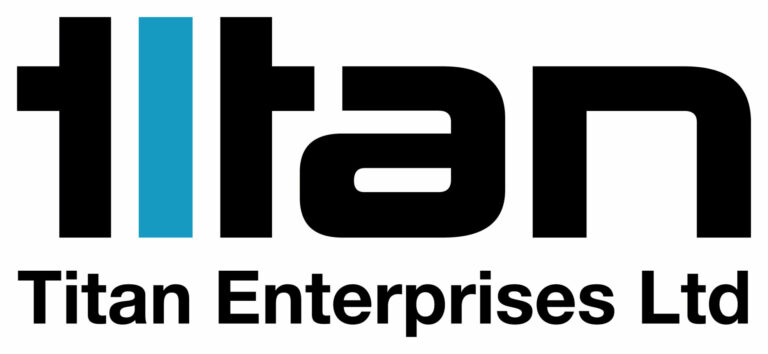Producers not only need the confidence of compliance in an era of increasing fines but also reduce and limit any impact made upon the surrounding environment. Reducing the amount produced and tracing its exact origin can be a challenging prospect.
Wastewater monitoring can also be used as a gauge for process optimization, helping to increase plant efficiencies and detecting loss of finished product within waste streams in real-time, supporting a proactive approach to waste minimization.
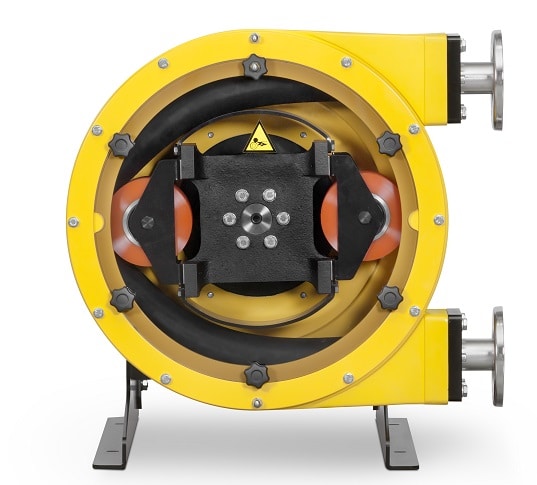
High-value finished products such as Flavourings, Chemicals, Juices, Milk or Colourings can enter waste streams from vessels overflowing, valve or pipework leaking leading to the overloading of the treatment plant. Reacting quickly to finished product loss can mean the difference between operating a plant at a profit or loss, driving improved profitability, protecting your bottom line.
Selecting a pump to accurately sample wastewater repeatedly without interfering with readings can be problematic, in particular where contaminants are not always known, form sludges, and consist of high dry content potentially clogging certain pump designs or cause dry running. Some designs may also require expensive protection devices, and should they fail are expensive or difficult to maintain.
Peristaltic pumps are well proven within sludge and slurry applications, but what benefits may the use of a Peristaltic Pump bring to your wastewater treatment process?
Low Maintenance – Peristaltic Pumps are well known for their simplicity of design. They contain a single wearing part – a hose, which can easily be replaced without the use of special tools or extensive training. This guarantees maximum uptime of your process which can run 24/7 and where an absence of water treatment capacity can mean plant operations must be halted.
Dependable – Pumps can operate with the absence of fluid without damage (Run Dry). They are solid handling having the ability to convey solids up to the diameter of the hose and as there are no internal valves or seals where particles can congregate, are non-clog by design. A hose leakage detector can be fitted to ensure should the only wearing part – the hose fail that pump operation is stopped.
They are also designed to be slip-free, meaning they work consistently whether fluids are thin or viscous guaranteeing performance, where other designs allow slippage to occur where fluids can recirculate back towards the inlet.
As they are self priming they can be mounted outside of tanks and above fluids improving unit longevity.
Multipurpose – Units can be utilized for a variety of fluids from water to viscous sludge. Having the ability to alter a units speed via an inverter or gearbox allows units to be used for a wide variety of fluids. Such designs are also reversible and suitable for dry running meaning they can be completely discharged between sampling operations guaranteeing the reliability of results. As the hose can be selected according to the process, chemical compatibility is rarely an issue enabling its use extensively within chemical and pharmaceutical plants.
A Case in Point –24 Hour Remote Wastewater Sampling across 15 locations
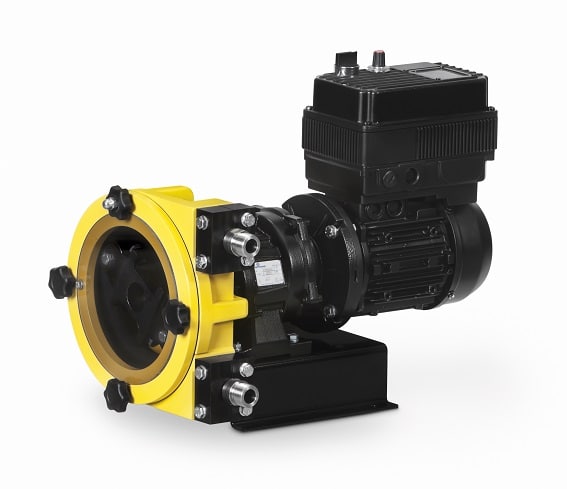
A customer contacted North Ridge Pumps with a requirement to remotely sample wastewater 24 hours a day, 7 days a week at set intervals across 15 locations. They needed to sample dirty water where water levels were very low at times meaning pumps were susceptible to dry running, there were fluctuating inlet pressures, and a possible ingress of solids including grass, twigs, and mud ruling out many pumps technologies.
They needed a low-maintenance solution to pump at very low pressures, with a flow requirement of up to 500Lhour. Due to the remoteness of testing locations, and sampling required at various hours throughout the day they wanted to remotely control pump speed via a single-phase supply, have the ability to reverse units should they become clogged, and have a way of detecting if the hose required replacement.
Our customer initially trialed a unit to check that the system performed as required, before ordering an additional 14 AMP16 3/4″Peristaltic Pumps complete with single-phase inverter for speed control, hose leakage detector to enable the operator to know should the only wearing part fail via their installed PLC Controller, and with a remote input for reversing of the pump should any blockages occur. The units were supplied with forced air cooling allowing a wide operating flow with pump speed varying between 4 and 105 revolutions per minute.
As the pump supplied is of roller design they are expected to experience as much as 30% reduction in unit power consumption compared to traditional designs of peristaltic pumps, extended hose life, and see many years of trouble-free service with inspection and lubrication intervals as much as 12 months apart.



